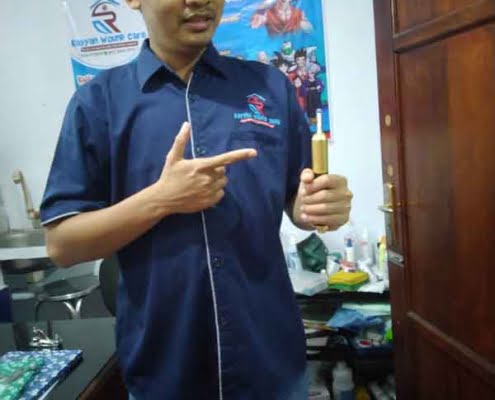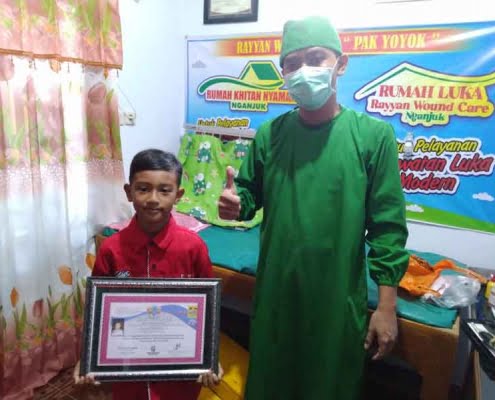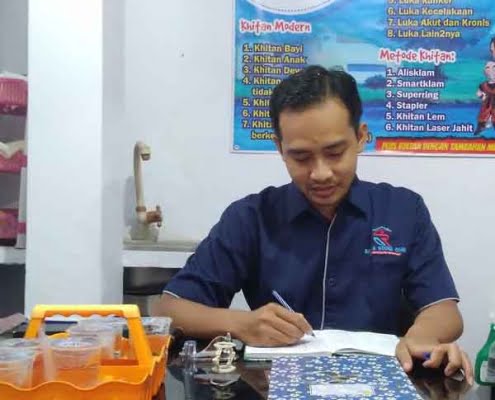Pelopor Sunat Praktis
Menggunakan metode-metode Khitan terkini yang telah direkomendasi Oleh WHO dan perkumpulan Praktisi Sunat Indonesia Dengan proses yang cepat dan aman
Needle Free Injection
Kami memiliki teknologi bernama Needle free injection cocok untuk anak yang takut pada jarum suntik dan menghindari trauma akan jarum
Research
Kami mempunyai TIM Berpengalaman yang sudah Memiliki jam terbang tinggi dan menggunakan metode terkini dengan lebih 200 anak
Alat Steril
Kami Memiliki standart sterilirisasi dan alat khitan sekali pakai sehingga aman dari penularan penyakit.
Home Care/Home Visite
Cukup hubungi kami dan tim kami akan datang kerumah Anda
Sunat metode Sunat SUlTAN
Tanpa ada alat yang menempel dan memiliki kesan langsung sembuh setelah khitan
Metode Khitan Rumah Sunat Nganjuk
 Sunat Gomco / Mogen Klam
Sunat Gomco / Mogen Klam
umumnya dilakukan melalui prosedur anastesi lokal, berbeda dengan dewasa atau anak berkebutuhan khusus
 Sunat Klamp/ Tabung
Sunat Klamp/ Tabung
Smartklamp adalah salah satu inovasi terbaru dunia kedokteran khususnya di bidang sirkumsisi (khitanan)
 Sunat Laser
Sunat Laser
Metode ini tidak lagi menggunakan pisau bedah untuk membuang kulup pada penis
 Sunat Stapler
Sunat Stapler
Alat ini, dalam hitungan detik mampu memotong kulit dengan rapi kemudian memasang seal/stapler/behel secara melingkar untuk mencegah perdarahan
 Sunat Lem
Sunat Lem
Inti dari semua teknik Sunat Lem ini ada 3, yaitu memotong, hemostasis, dan merekatkan luka.

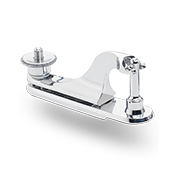 Sunat Gomco / Mogen Klam
Sunat Gomco / Mogen Klam
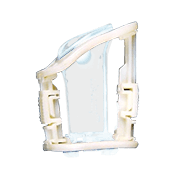 Sunat Klamp/ Tabung
Sunat Klamp/ Tabung
 Sunat Laser
Sunat Laser
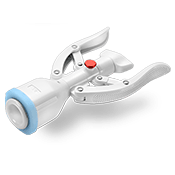 Sunat Stapler
Sunat Stapler
 Sunat Lem
Sunat Lem
